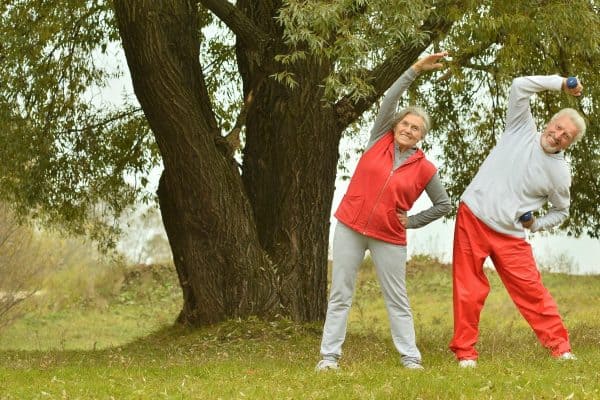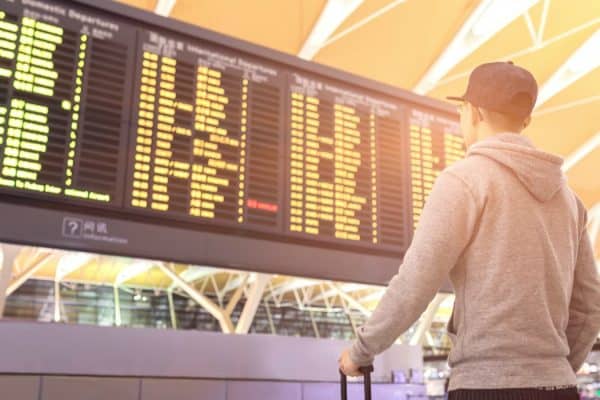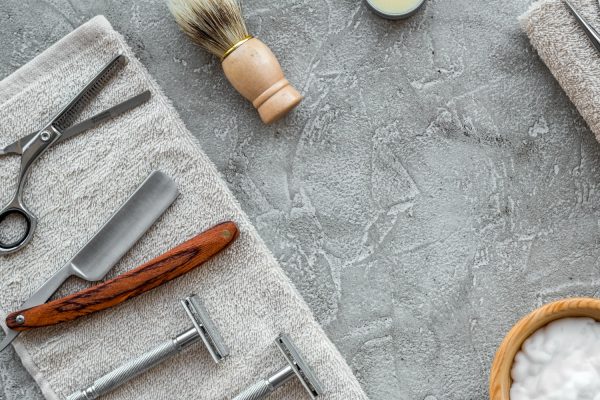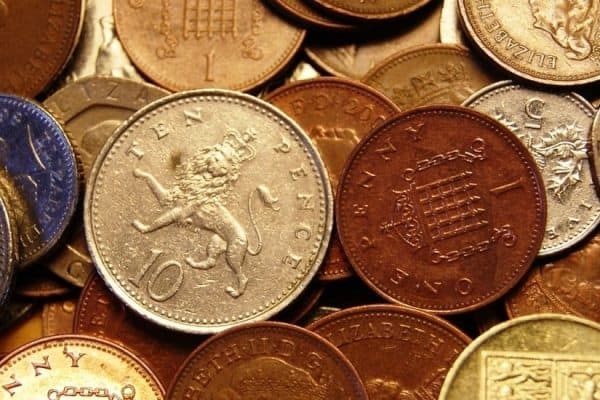In the Autumn 2017 budget, the chancellor, Phillip Hammond, unveiled his plans to abolish stamp duty for first time buyers. But, what exactly are his plans, and how do they help those of us who are saving to buy our first homes?
What is stamp duty?
Stamp duty is a tax you have to pay when you buy a property, whether it’s residential or otherwise. The tax only applies on properties over a certain value. Until the recent budget, the property value threshold for all buyers was £125,000 for residential properties, or £150,000 for non-residential land and property.
Stamp duty is calculated as a percentage of the price you pay for a property. It is paid in bands – a little like income tax. A certain portion of the house price is tax free, then the more it costs, the more tax you pay. Most people will pay between 2% and 5% stamp duty when they buy a home.
What’s different for first-time buyers?
In the Autumn Budget, Phillip Hammond announced that he would be abolishing stamp duty on properties purchased by first time buyers. Any house purchase that is completed on or after 22nd November 2017 is subject to the new rules. This is good news for those of us saving to get on the property ladder!
The rules that Hammond introduced state that first-time buyers will not pay stamp duty when they spend up to £300,000 on a property. If the property costs between £300,000 and £500,000, the buyer won’t have to pay stamp duty on the first £300,000. The rate you pay on the remaining value of the property is 5%.
If you pay more than £500,000 for a property, even as a first time buyer, the new rules won’t apply to you.

sheff/Shutterstock
What difference will this make in pounds and pence?
Before these new rules were introduced, buying a house for £300,000 meant paying £5,000 in stamp duty at the point of purchase. Now, first-time buyers won’t have to pay this, which means £5,000 less to worry about when putting together a deposit fund. The new rules will help hundreds of thousands of new homeowners make their dreams a reality.
However, if a first-time buyer purchases a house for £500,000, they’ll need to set aside an extra £10,000 to cover taxes when saving for a deposit. Under the old rules this would have been £15,000, so it’s still quite a saving for first-time buyers.



















